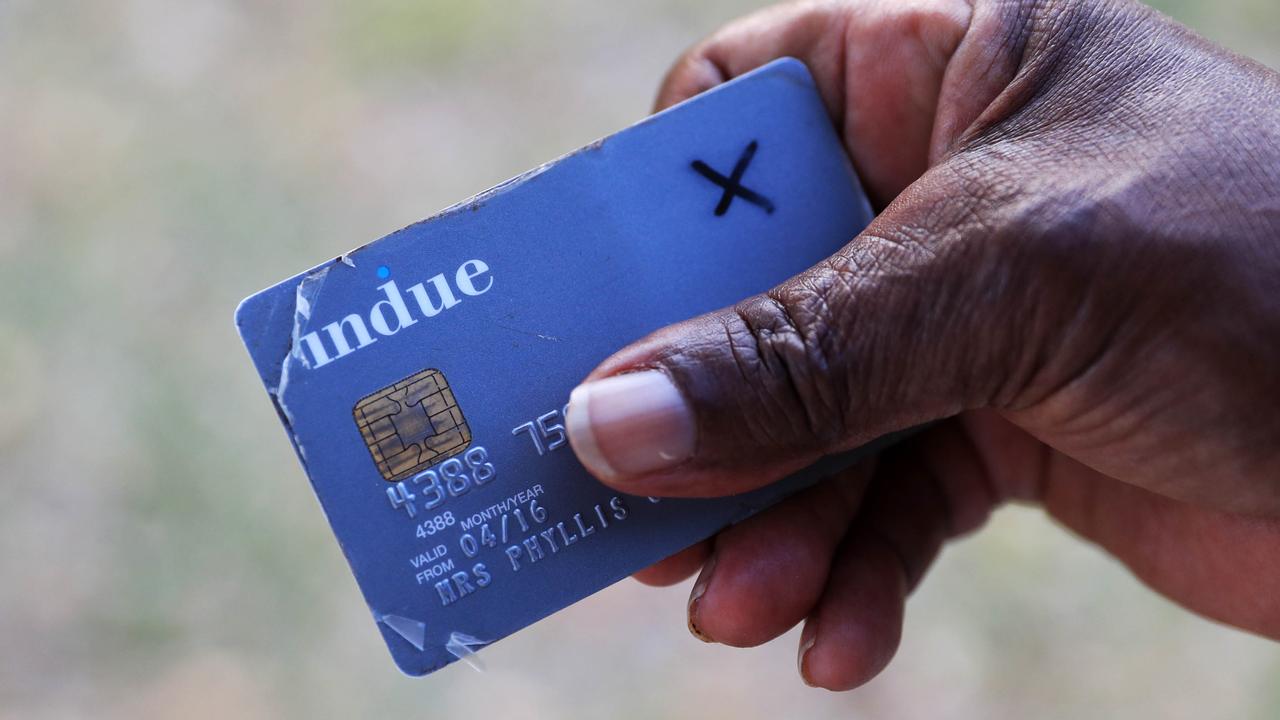Miners back Uluru Statement call for indigenous ‘voice’
BHP and Rio Tinto today become the first major corporations to publicly support the Uluru Statement from the Heart.

Global resource giants BHP and Rio Tinto will today become the first major corporations to publicly support the Uluru Statement from the Heart, with BHP chief executive Andrew Mackenzie to tell business leaders that his company of 62,000 workers “cannot stand on the sidelines”.
BHP will put money into a campaign to win over Australian hearts on the subject of an indigenous voice to parliament.
Mr Mackenzie will today announce that the corporation’s charitable organisation, the BHP Foundation, will contribute about $1 million to the Cape York Partnership’s Uluru Education Project, which will inform Australians about the call for a constitutionally enshrined voice to parliament ahead of any referendum.
Federal Labor has promised a referendum if it wins the election due in May.
“We believe that the Constitution should be amended so that the voices of indigenous Australians can be fully heard,” Mr Mackenzie will say in a speech he is to deliver at the Committee for Economic Development of Australia in Perth today.
“The longer I’ve been at BHP, the more certain I’ve become that this great company, like this great country, has unfinished business with the indigenous peoples of Australia. That is why we cannot stand on the sidelines.”
Rio Tinto and BHP are expected to make a joint statement today about their shared support for an indigenous voice to parliament, as outlined in the May 2017 manifesto that was rejected the same year by then prime minister Malcolm Turnbull as “a third chamber of parliament”.
BHP will announce its position after Mr Mackenzie, a geologist who became the company’s chief executive in 2013, spent the past two months with traditional owners and indigenous leaders, including in Port Hedland.
In the Pilbara town, the boom of a lifetime has delivered jobs for many Aboriginal people, but also crushing poverty for others.
Mr Mackenzie will tell today’s conference: “I’ve been struck by the gulf that exists between indigenous and non-indigenous Australia.”
In Perth for Mr Mackenzie’s speech will be one of Australia’s most effective proponents of the voice to parliament, Megan Davis, a Cobble Cobble woman from Queensland, a professor of law and a member of the expert panel on constitutional recognition of indigenous Australians.
Ms Davis will also speak at the CEDA event.
Mr Mackenzie will tell the audience he has listened to indigenous Australians about their connection to country and the power, strength and resilience of their language and culture.
“And we spoke about the social and economic challenges many indigenous Australians have overcome and many still face,” he says in his speech.
“It’s been a privilege for me to meet these men and women and experience first-hand the rich diversity of Australia’s First Nations people … But the voices of indigenous Australians are often not heard.”
Bill Shorten said this month that a referendum on enshrining the voice in the Constitution would be held in Labor’s first term if it won government.
A constitutionally enshrined voice, recommended by the federal government’s referendum council in the Uluru Statement from the Heart, would act as an advisory body, with elected indigenous Australians to give input on government policy.
Scott Morrison has told parliament that the Coalition government supports constitutional recognition, but maintains reservations about a voice to parliament. The Prime Minister has said the government prefers to establish local bodies, “then build on a successful model to inform a regional, and then a national, governance model”.
Mr Mackenzie’s speech describes the Uluru statement as a challenge to hear the unheard, a gift and a path forward.
“There are fears that a constitutionally enshrined voice confirmed by referendum will deepen cultural divisions and is undemocratic; these fears don’t stand up to scrutiny,” he says.
“The final report of the joint select committee on constitutional recognition, which aimed to recapture bipartisanship on this matter, found that there was nothing to fear from giving indigenous Australians the constitutionally enshrined voice they deserve. Australia must not squander this opportunity.”
Mr Mackenzie will tell the conference the voice to parliament is not just a matter for politicians but concerns all Australians.




To join the conversation, please log in. Don't have an account? Register
Join the conversation, you are commenting as Logout